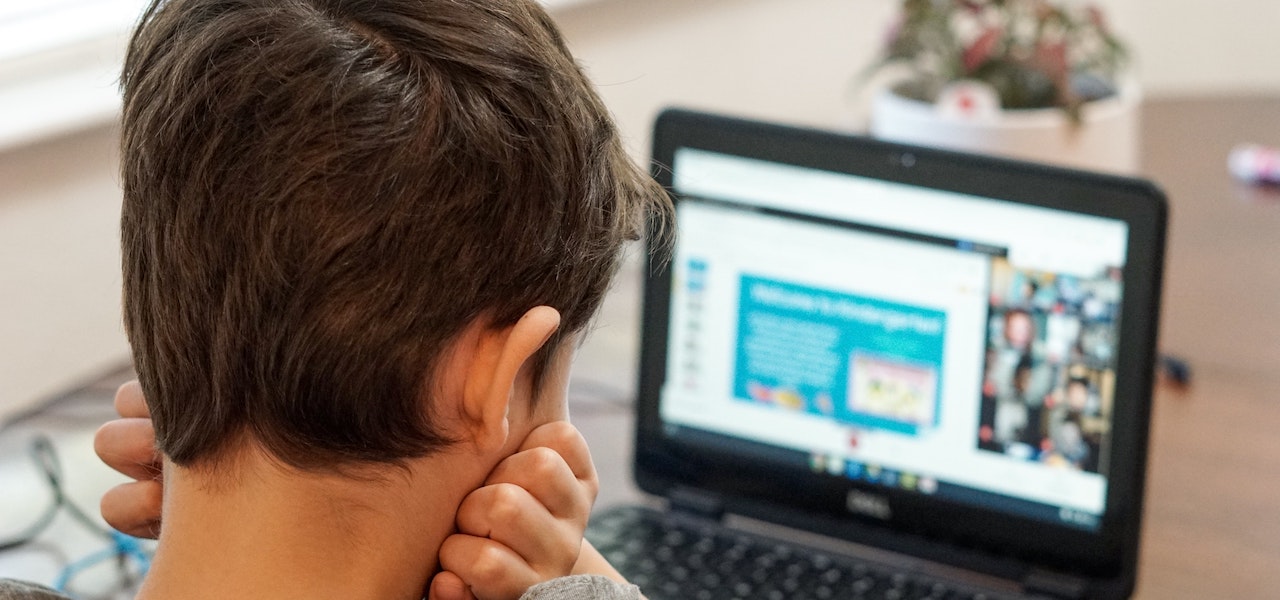Natalie Campbell, Director of Public Advocacy at the Internet Society and a mother of two, warns against banning or weakening of encryption for the safety of children online.
Governments and law enforcement agencies are trying to ban or weaken a critical tool for keeping our children safe online. As parents, we must speak up for our kids.
Children who are fortunate enough to have Internet access are online more than ever, and many are increasingly doing learning online. But these spaces are attractive targets for criminals, and parents and schools often lack resources to guide kids on how to stay safe as they learn, socialize, and discover the world online.
Luckily, encryption has our back. Whether it’s sending a confidential message to a friend, videoconferencing with grandparents, or submitting an assignment to a teacher, platforms and services that use end-to-end encryption can help keep our children safe by keeping the line of communication private between the sender and receiver.
Despite this, some governments, law enforcement agencies, and even some child protection agencies are trying take away the strongest digital tool we have as parents to keep children safe online. The United Kingdom, Germany, the European Commission, and the United States are all considering proposals threatening to ban or weaken encryption – by requiring companies to create ways for law enforcement to get “backdoor access” to communications to catch the bad guys.
Here’s the problem: there’s no way to create access to encrypted communications for the good guys without also giving it to the bad guys. So what does that mean? Think of all the private information about your children’s interests, schedule, health, and activities being shared over the Internet with people in positions of trust: parents, educators, friends, and healthcare providers. Do we really want any government saying we can’t use the strongest locks possible to keep that information private?
Banning or weakening encryption is like saying we can’t put curtains and locks on our children’s bedroom windows, making them infinitely more vulnerable to anyone on the Internet who wants to creep in. And it doesn’t just put children at risk.
People worldwide are relying on end-to-end encryption more than ever to stay safe while working, learning, socializing, shopping, and banking during the ongoing pandemic. And we’re increasingly doing these activities on the same messaging platforms governments are pressuring to create backdoors to encryption.
Governments are right to be thinking about the best ways to keep our children safe online. But if they succeed in banning or weakening any part of the safety net encryption offers our children online, they’ll make them more vulnerable to the same criminals, predators, and other horrors we all want to prevent online.
So here’s my plea: with Internet access such a critical resource to our children for learning, socializing, discovering, and mental health, let’s make sure they have safe spaces guarded with strong encryption.
As parents, it’s our duty of care to demand the strongest personal protective equipment to keep our children safe from harm – both in real life and online.
Read Virtual Schooling: 11 Ways to Keep Your Child Safe Online.
Image by Thomas Park via Unsplash
